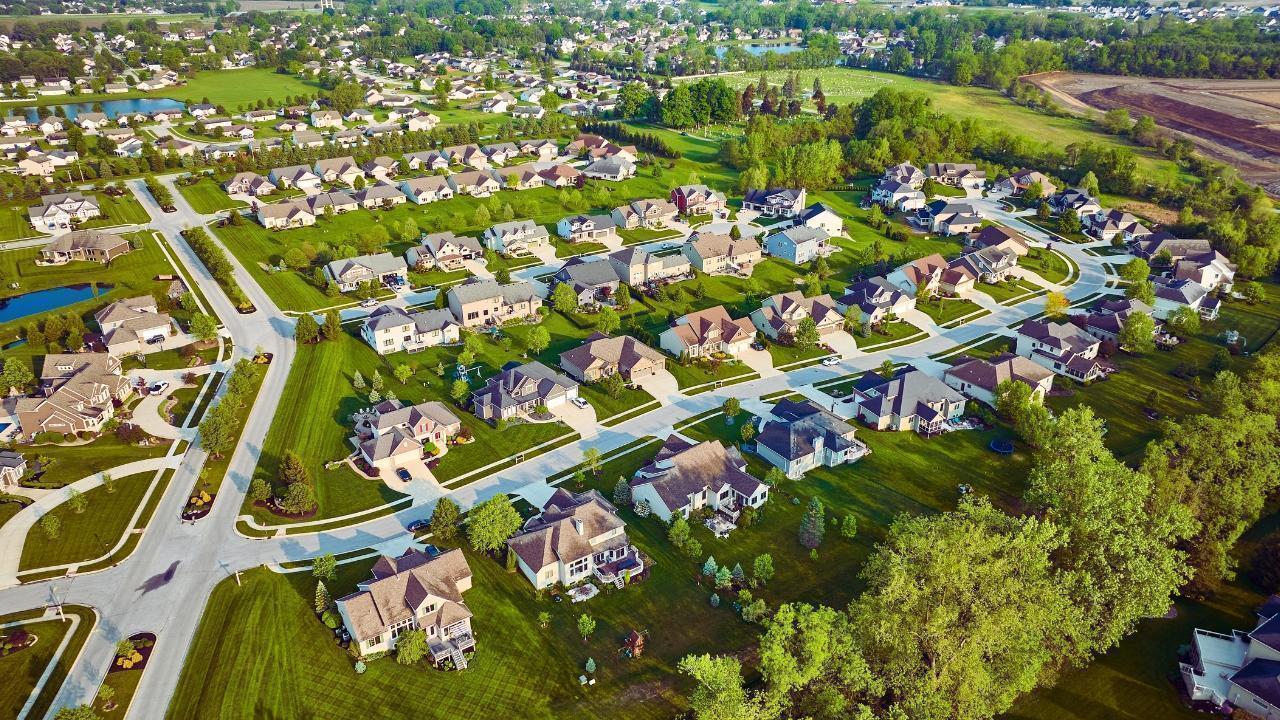You have not yet added any article to your bookmarks!

Join 10k+ people to get notified about new posts, news and tips.
Do not worry we don't spam!

Post by : Anis Farhan
On June 17, 2025, Malaysia officially launched its first Green Infrastructure Sovereign Bond, raising RM 10 billion (approx. US$2.1 billion) to support a series of climate-resilient infrastructure projects across the country. The initiative, led by the Ministry of Finance in collaboration with Bank Negara Malaysia and the Securities Commission, is designed to align Malaysia’s infrastructure development with its net-zero emissions target by 2050.
This landmark issuance makes Malaysia the first Southeast Asian nation to deploy a bond exclusively dedicated to green public infrastructure at the national level.
Proceeds from the bond are earmarked for over 40 strategic infrastructure projects in six states, with a focus on climate adaptation, carbon reduction, and environmental restoration. Key allocations include:
Urban Rail Electrification: Expansion of electric rail systems in Kuala Lumpur and Penang to reduce emissions from road transport.
Flood Mitigation Infrastructure: Construction of smart water diversion systems and eco-resilient drainage networks in flood-prone states like Kelantan and Pahang.
Renewable Energy Microgrids: Solar and hybrid microgrids for off-grid communities in Sabah and Sarawak.
Green Building Retrofits: Upgrading public schools and hospitals to meet new energy-efficiency codes.
Low-Carbon Logistics Hubs: Electrified cargo transport and AI-based routing at Klang Valley logistics parks.
All projects must comply with the ASEAN Green Bond Standards, ensuring transparency, environmental accountability, and third-party verification.
The bond was oversubscribed by more than 2.4 times, with strong demand from global ESG funds, Islamic finance institutions, and sovereign wealth investors. Analysts say the issuance demonstrates investor confidence in Malaysia’s policy direction and green infrastructure pipeline.
It also cements Malaysia’s position as a leader in green sukuk innovation. A parallel Green Sukuk Infrastructure Tranche is expected to be released in Q4 2025, targeting Shariah-compliant investment markets in the Middle East and Southeast Asia.
The bond is part of a broader national shift toward green public finance and sustainable development planning. Under the National Energy Transition Roadmap (NETR) and 12th Malaysia Plan, the government has pledged over RM 60 billion in green infrastructure investments through 2030.
A new Green Infrastructure Monitoring Unit (GIMU) has been set up under the Ministry of Works to ensure rigorous project selection, impact auditing, and performance tracking.
Private sector players, including construction firms and utilities, are being incentivized to adopt green building certifications, carbon reporting, and lifecycle assessments to qualify for future green bond financing.
Despite the promising start, implementation challenges loom:
Capacity Gaps: State and municipal bodies may lack technical expertise to develop and execute complex green projects.
Project Delays: Approval bottlenecks and land use conflicts could slow disbursement.
Transparency Risks: Environmental watchdogs stress the need for strong auditing mechanisms to avoid "greenwashing" or misuse of funds.
Malaysia’s government has responded by partnering with international climate finance institutions like the World Bank and ADB to provide technical assistance and monitoring support.
Malaysia’s green infrastructure bond is likely to serve as a template for other ASEAN countries. Indonesia, Thailand, and Vietnam have expressed interest in replicating the model to fund renewable transport, resilient water systems, and clean urban mobility.
If successful, this could usher in a wave of ASEAN green bonds, transforming how the region finances infrastructure in the era of climate change.
This article is intended for informational use only. It does not constitute investment advice or an offer to sell or buy any securities. Readers should refer to official bond prospectuses or consult financial advisors for details.










Minimarkets May Supply Red and White Village Cooperatives
Indonesia’s trade minister says partnerships with minimarkets and distributors can strengthen villag

South Africa vs West Indies Clash Heats Up T20 World Cup 2026
Unbeaten South Africa and West Indies meet in a high-stakes Super 8 match at Ahmedabad, with semi-fi

Thai AirAsia Targets Growth Through China & Long-Haul Routes
Thai AirAsia aims 6-9% revenue growth in 2026 expanding domestic flights and new international route

India Ends Silent Observer Role Emerges Key Player in West Asia
From passive energy buyer to strategic partner India’s diplomacy in West Asia now commands trust inf

Indian Students Stuck In Iran Amid US-Iran Tensions And Exam Worries
Rising US-Iran tensions leave Indian students stranded, fearing missed exams could delay graduation

India Says J&K Budget Exceeds Pakistan’s IMF Bailout
India slammed Pakistan at UNHRC, stating J&K’s development budget exceeds Pakistan’s IMF bailout and